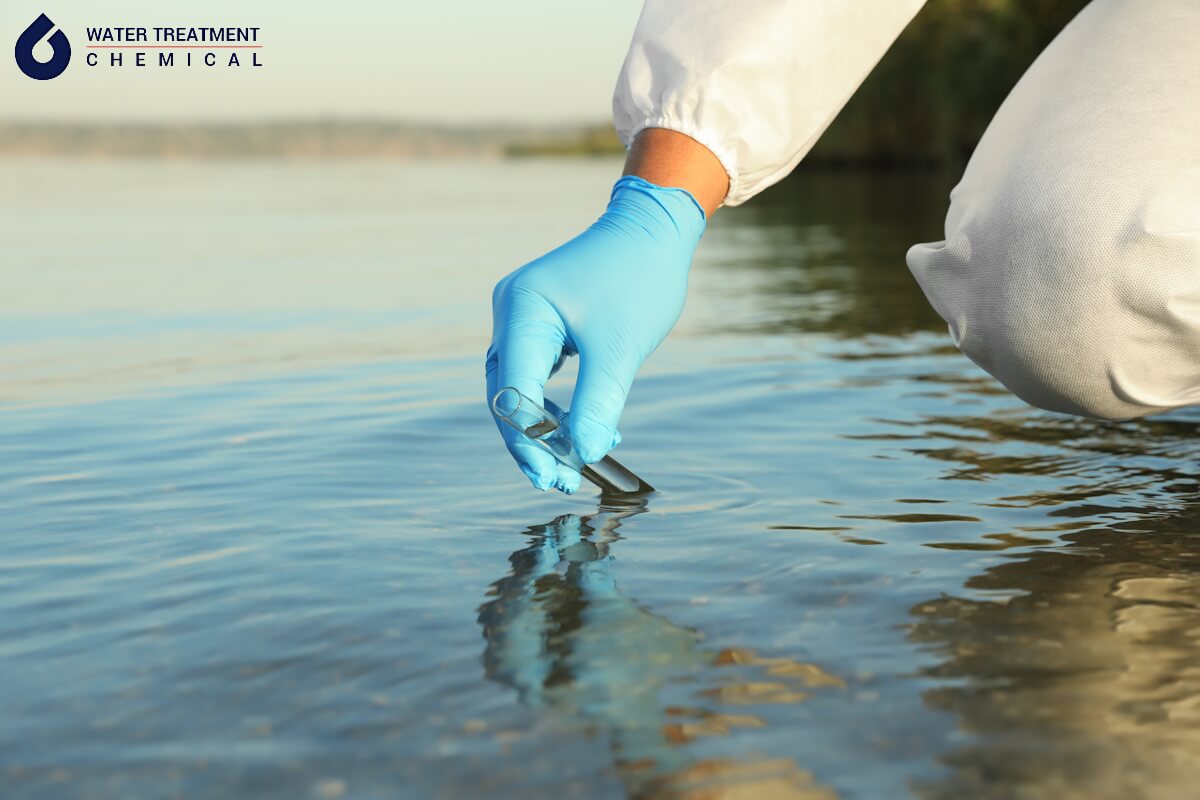Industries produce massive amounts of wastewater every day. From chemicals and oils to heavy metals and organic waste, these pollutants can harm ecosystems if left untreated. That’s where water pollution treatment comes in—especially with the use of reliable treatment chemicals.
If you’re managing industrial wastewater, knowing which chemicals to use and how they work is key to keeping your operations compliant and environmentally safe. Let’s break down the most trusted chemicals used in the treatment of water pollution and what makes them effective.
Why Chemical Treatment Is Crucial for Industrial Wastewater
Physical and biological methods are important, but they’re often not enough on their own. Industrial effluents can contain complex contaminants that need chemical intervention for proper neutralization and removal.
Chemical treatment ensures:
- Effective breakdown of harmful compounds.
- Neutralization of toxic substances.
- Compliance with environmental discharge standards.
So, what are the chemicals industries rely on?
Need guidance on wastewater treatment chemicals?
Commonly Used Chemicals for Industrial Water Pollution Treatment
1. Coagulants and Flocculants
Coagulants like aluminum sulfate (alum) and ferric chloride destabilize suspended particles. Once destabilized, flocculants (such as polyacrylamides) help these particles clump together for easier removal.
Applications:
- Removing turbidity, oils, and heavy metals.
- Pre-treatment before biological or filtration processes.
2. pH Adjusters
Acids (like sulfuric acid) and bases (like lime or sodium hydroxide) are used to adjust the pH of wastewater.
Why pH matters:
- Neutral pH is essential for safe discharge and effective downstream treatments.
- Protects aquatic life from harmful acidity or alkalinity.
3. Oxidizing Agents
Chemicals like chlorine, hydrogen peroxide, and ozone act as powerful oxidizers. They break down organic pollutants and disinfect the water.
Applications:
- Killing pathogens in wastewater.
- Breaking down stubborn organic compounds.
4. Anti-foaming Agents
Silicone-based defoamers are used to control foam formation during treatment processes.
Why it’s important:
- Excess foam can disrupt aeration and treatment efficiency.
5. Corrosion and Scale Inhibitors
Phosphates and polymers help prevent scale build-up and corrosion in pipes and treatment equipment.
Applications:
- Protects infrastructure in water treatment plants.
6. Activated Carbon
While not a chemical in the traditional sense, activated carbon is widely used for adsorption of organic compounds, chlorine, and odors.
When to use:
- For polishing water before reuse or discharge.
Curious if you’re using the most efficient solution?
Key Considerations When Choosing Treatment Chemicals
- Nature of Effluent: What contaminants are present? Heavy metals need different chemicals than organic pollutants.
- Discharge Standards: Local environmental laws dictate what treatments are necessary.
- Compatibility: Some chemicals don’t work well together and may create hazardous byproducts.
- Cost and Availability: Balance cost-effectiveness with reliability.
- Safety: Always consider the health and environmental impact of the chemicals themselves.
Steps for Reliable Water Pollution Treatment
- Conduct a thorough wastewater analysis.
- Select appropriate treatment chemicals.
- Pilot test the treatment plan before full-scale implementation.
- Monitor and adjust dosages as needed.
This step-by-step approach ensures efficiency and compliance.
The Role of Chemical Suppliers
Your choice of supplier is as important as the chemicals themselves. Look for vendors who:
- Offer technical support for chemical selection.
- Provide high-purity products.
- Are compliant with safety and environmental regulations.
Ready to Upgrade Your Water Treatment Process?
Investing in reliable treatment chemicals isn’t just about meeting standards—it’s about protecting your infrastructure and the environment. Whether you’re treating wastewater for reuse or safe discharge, the right chemicals can save time, money, and effort in the long run.
Make the right choice for your wastewater system.

